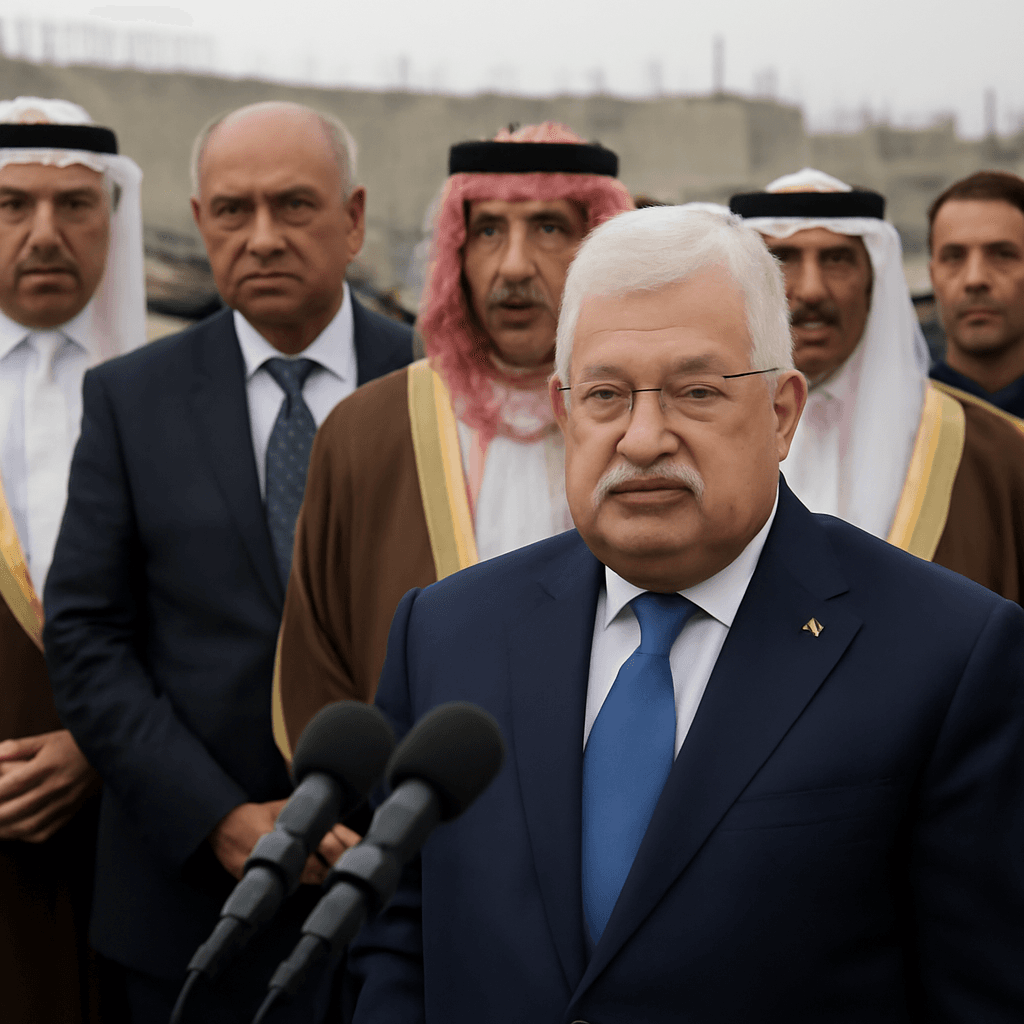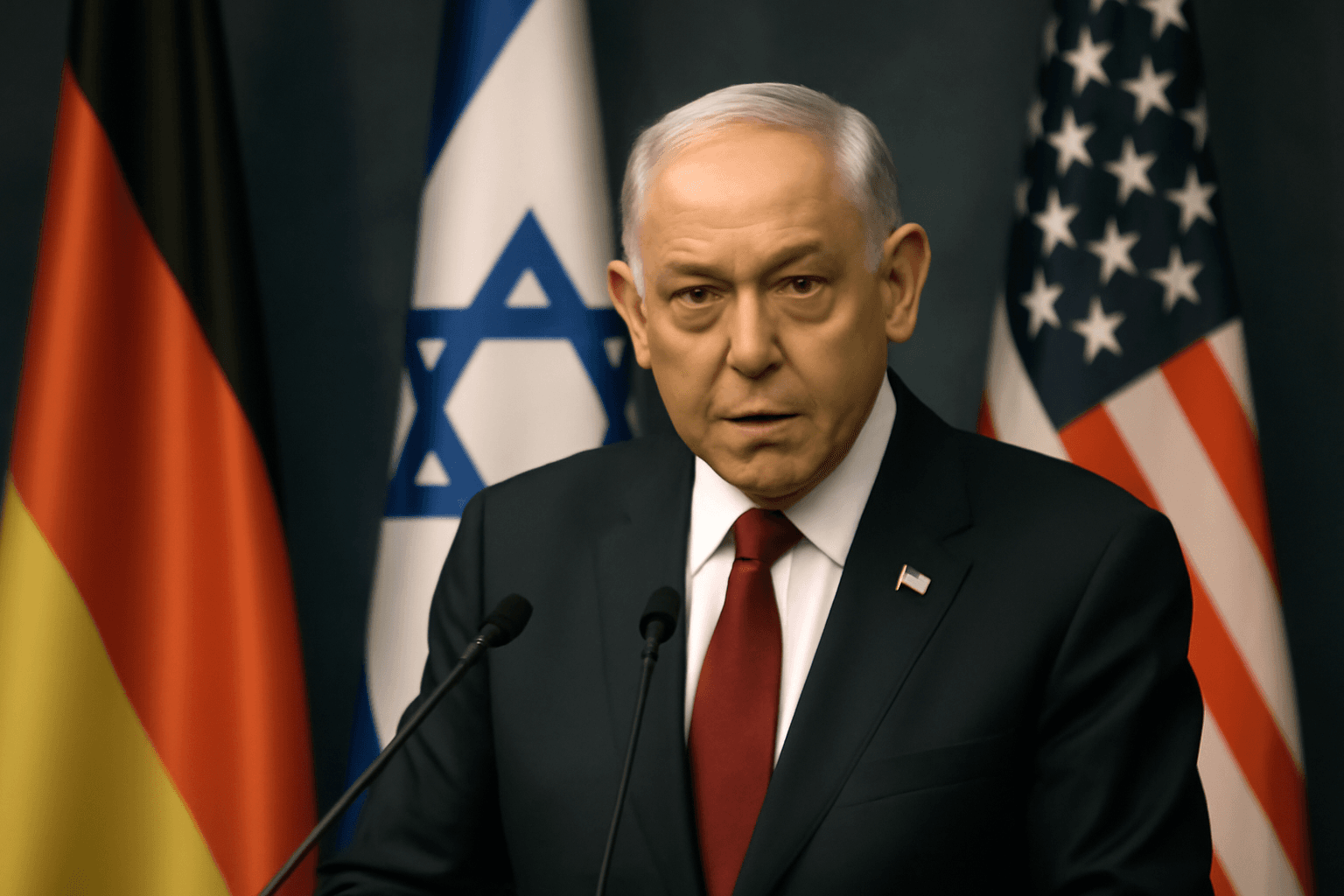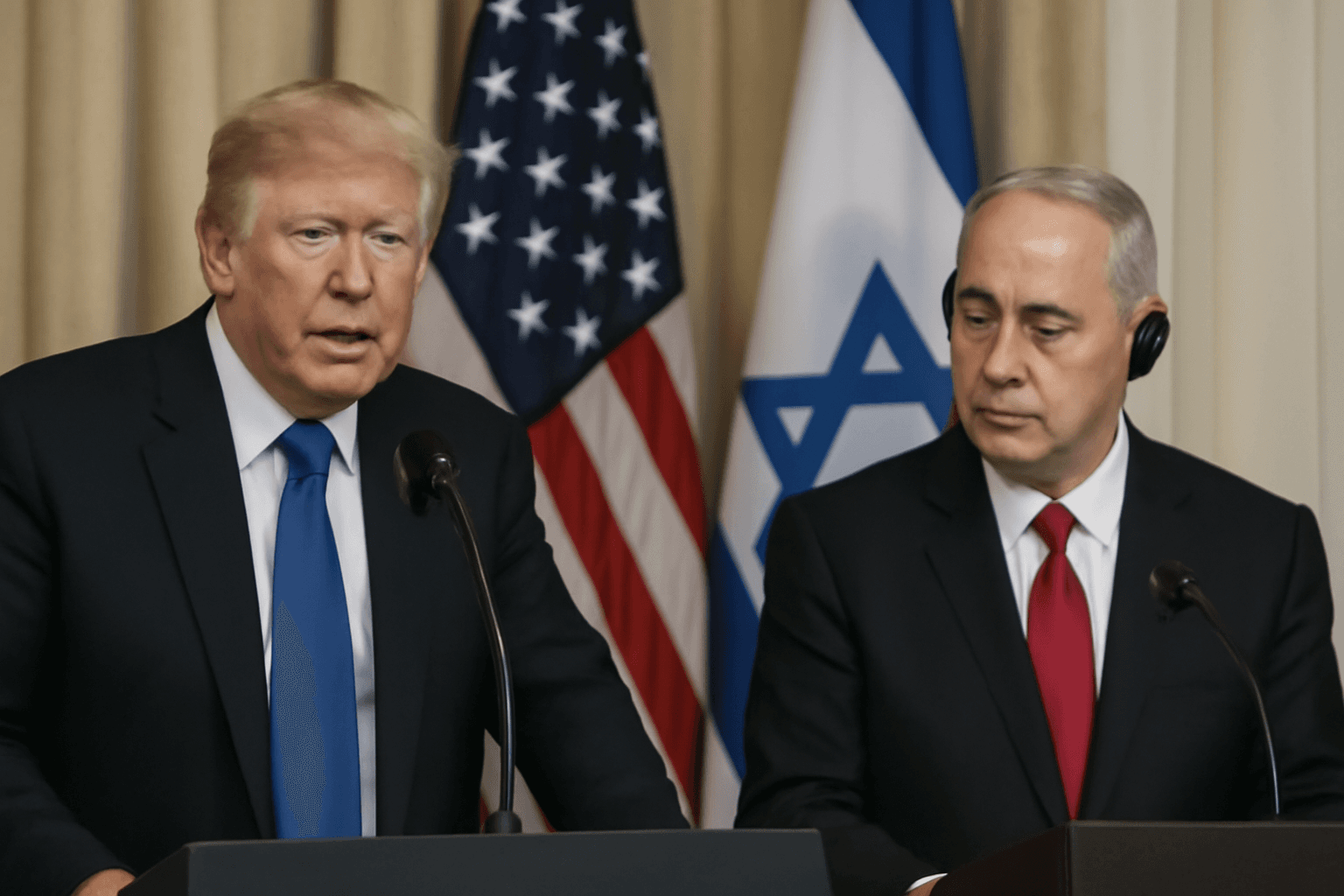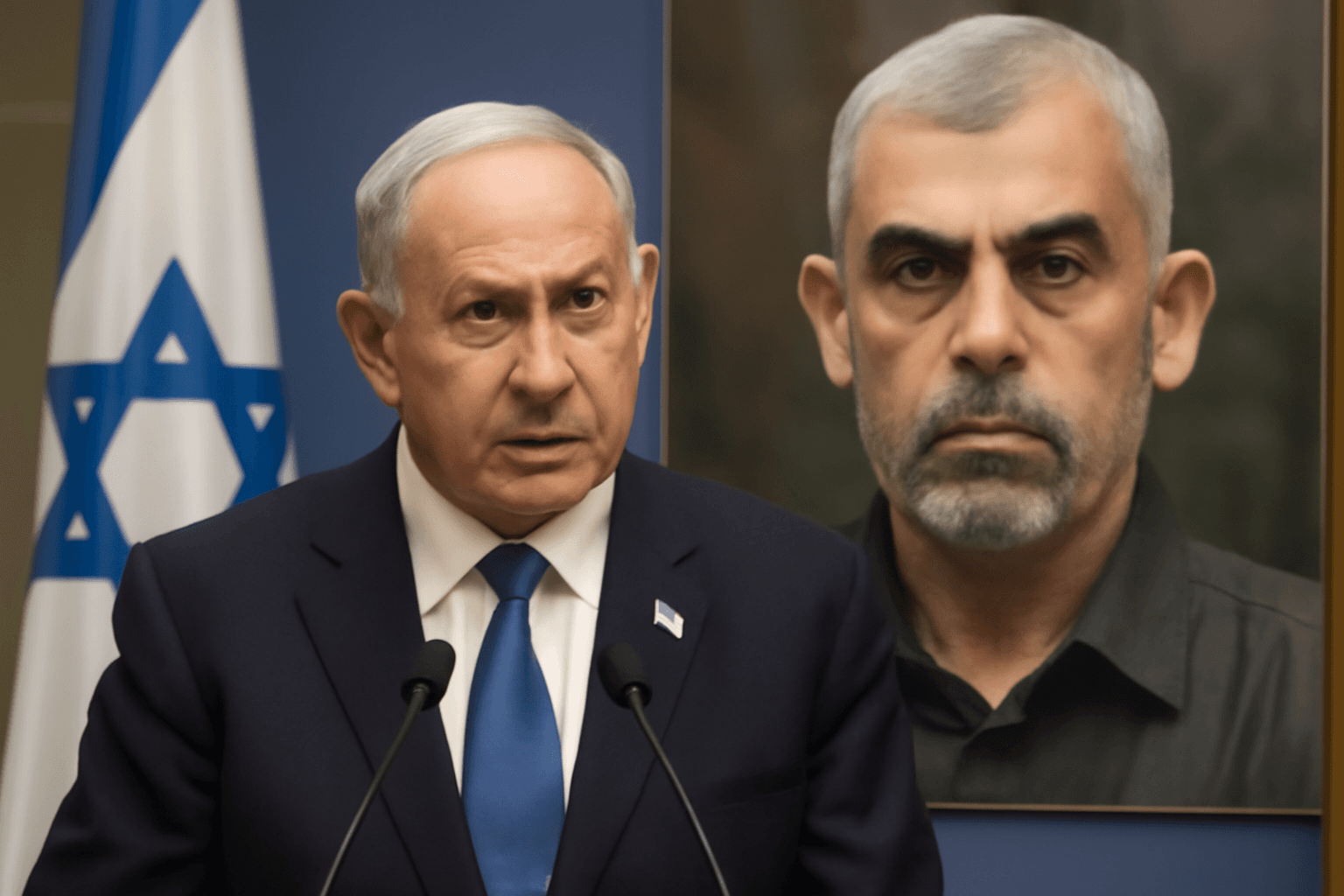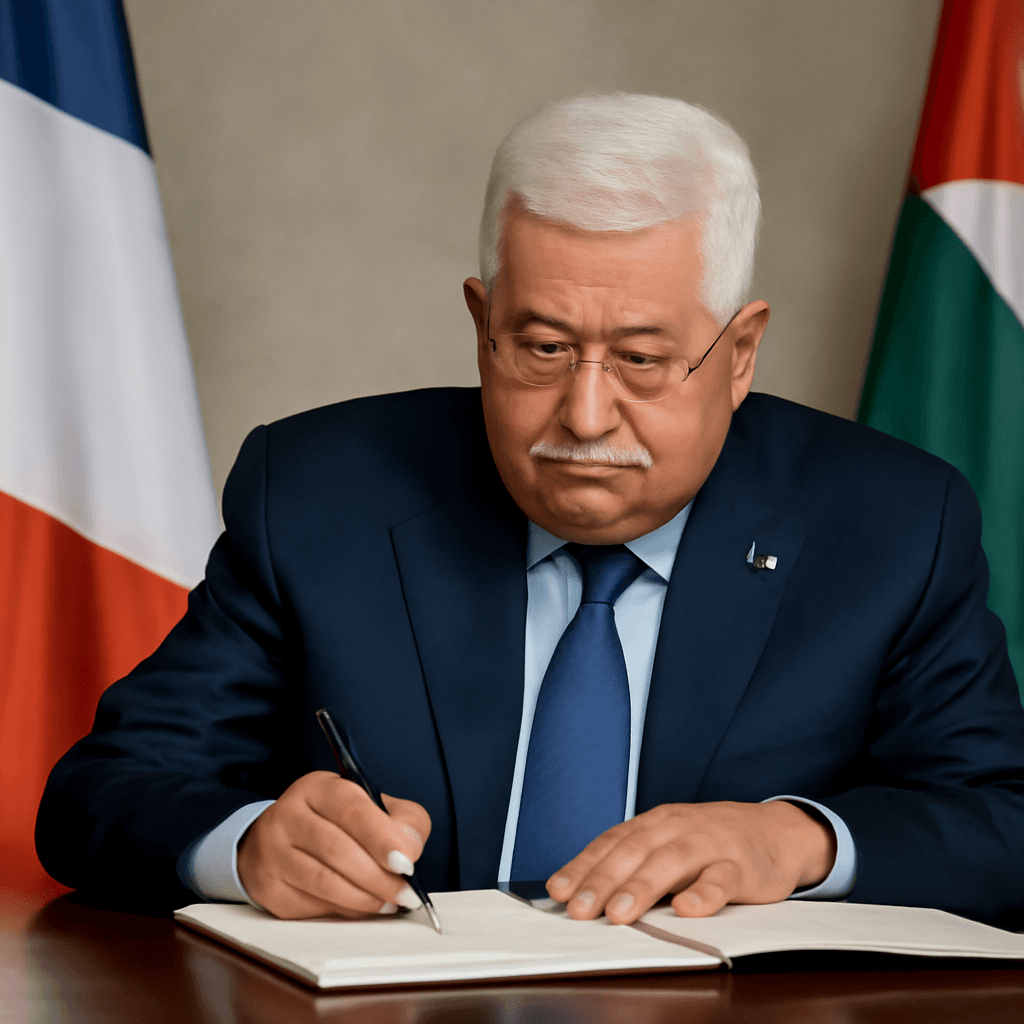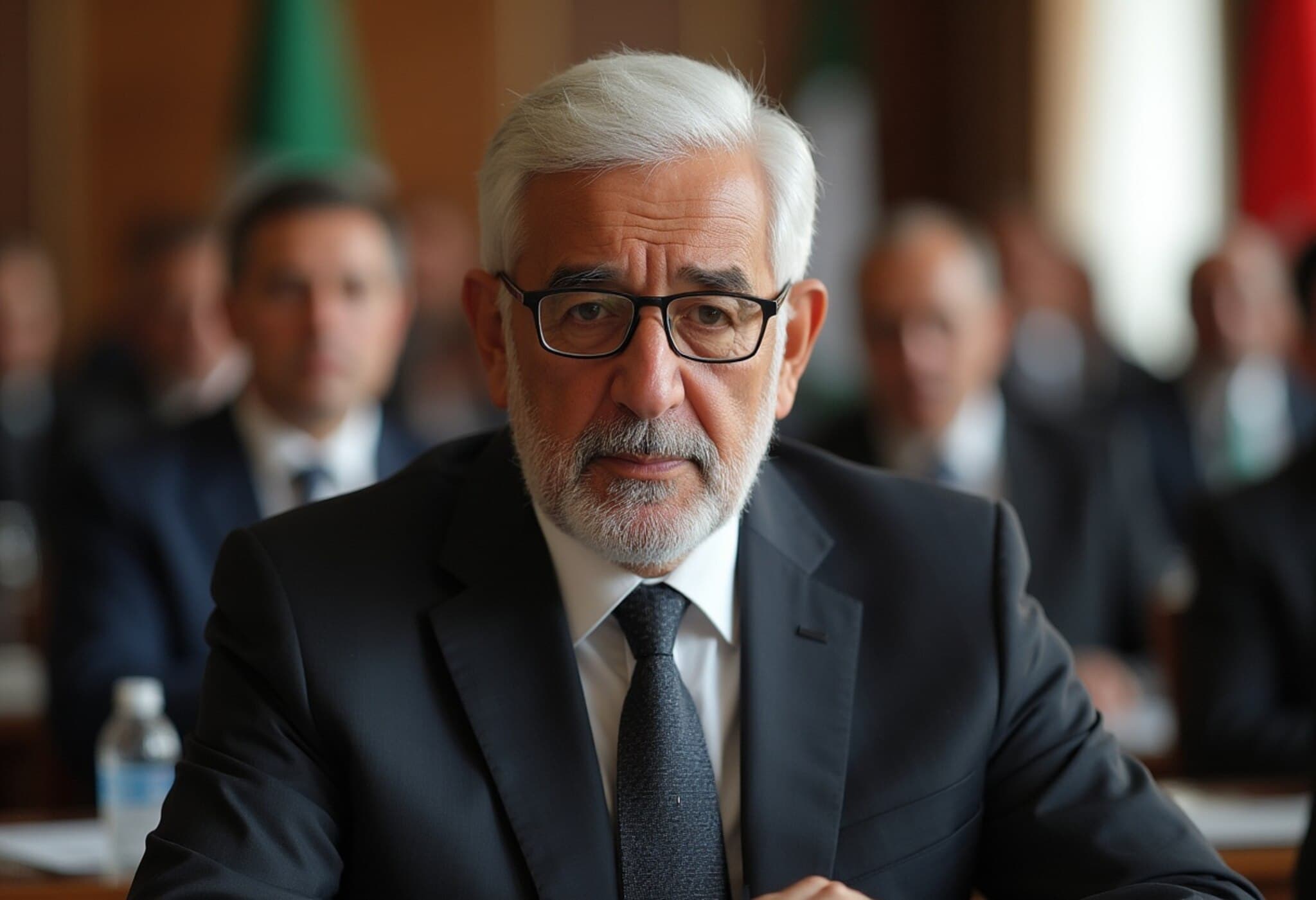Arab Ministers Protest Israel's Ban on West Bank Visit
Israel has faced criticism from five Arab nations after it refused entry to their foreign ministers, who planned to visit the occupied West Bank. The ministers intended to meet with Palestinian President Mahmoud Abbas in Ramallah, but Israel’s refusal halted the delegation’s plans.
Details of the Blocked Visit
The foreign ministers from Egypt, Jordan, Qatar, Saudi Arabia, and the United Arab Emirates were scheduled for a meeting in Ramallah this weekend. Turkey was also expected to join the discussions. However, Israel, which controls access to the West Bank, denied entry approvals required for the ministers to cross from Jordan into Palestinian territory.
Official Statements and Reactions
According to a statement from the Jordanian Foreign Ministry, the Arab ministers condemned Israel's decision to ban the delegation’s visit, labeling the move as arrogant and unjustified. An Israeli official stated that the Palestinian Authority had organized the meeting as part of efforts to promote a Palestinian state but criticized it as a provocative event, noting the Palestinian Authority’s refusal to condemn the October 7 massacre as a complicating factor.
Geopolitical Implications
The incident highlights ongoing tensions between Israel and Arab nations regarding Palestinian statehood and control over movement within occupied territories. The visit was intended to showcase regional support for Palestine’s leadership, but Israel’s obstruction emphasizes the complex power dynamics underlying these interactions.
Summary and Next Steps
This dispute over the blocked West Bank visit reflects persistent challenges in Middle Eastern diplomacy and the fragile state of Israeli-Palestinian relations. Observers anticipate further developments as both sides navigate the political landscape.
This story is developing and may be updated with new information.

